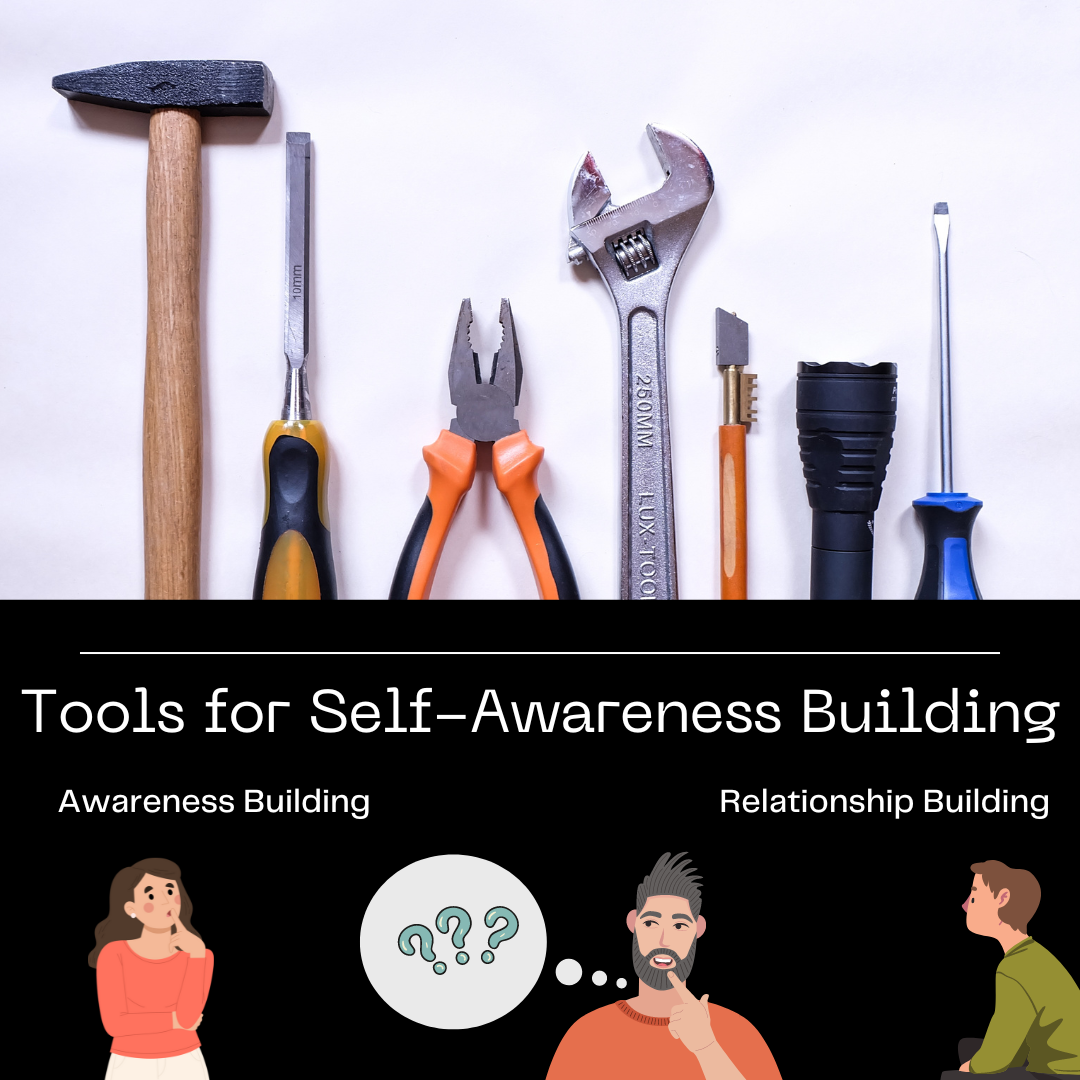Using These Tools
Building Self-Awareness
Analyzing conflicts, using the SCARF model, and conflict styles are perfect places to start understanding yourself within conflict and building your own self-awareness. Self-awareness is a core competency to becoming a great conflict manager.
Understanding your patterns in conflict situations, what your triggers typically are, and understanding your styles and behaviors within conflict is key to managing conflict productively. If you only react to conflict and you are unaware of the root cause, it will be difficult to resolve any situation in a productive manner. It is important to remain cognizant of your reaction to conflict so that your needs, wants, and desires are met.
Ask yourself the following questions to develop your own self-awareness. This is a personal reflection activity. It is important to be open and honest with yourself, which will lead to the most benefit.
- First, think of a conflict you are experiencing or have experienced.
- What are you thinking and feeling about this conflict? Why?
- What led to this conflict?
- What types of goals do you have in this conflict?
- What SCARF Model triggers are you experiencing?
- How have you behaved in this conflict? Which conflict style is that related to? Is this behavior helping or hurting the situation?
- What could you be doing differently to address this conflict?
Awareness Building
Understanding others is a core competency to becoming a great conflict manager. Once you understand what is going on for you, you can move onto the next question, “what could be going on with this person?”
Not just “putting yourself in someone else’s shoes” but thinking about what it’s like for that person to live in their own shoes. Ask yourself the following questions to develop your other-awareness.
- First, think of a conflict you are experiencing or have experienced with him/her.
- What might he/she be thinking or feeling about this conflict?
- What is he/she seeing from you that led to this conflict?
- What types of goals might this person have in this conflict?
- What SCARF Model triggers might he/she be experiencing?
- How has he/she behaved within this conflict? Which conflict style is that related to? How is it different from your style? Do the styles clash?
Relationship Building
You may recognize that you have been trying to solve the wrong problem, and the conflict has only been presented as a substantive goal instead of addressing the relationship goal, which is the bigger issue. Consider talking about the relationship you have with someone.
“Hey, I’m reading this book/taking this class and realize that we have been trying to fix the wrong issue. Would you like to hear about what I’ve learned? If so, I would love to talk about our relationship and what it means to be good roommate because I believe we may have different ideas.”
If you recognize that you need to utilize the SCARF model, such as more autonomy, then you can share why that is important to you and ask for it directly. Relationships are built on understanding one another. Therefore, sharing what you understand about yourself with someone else is a great place to start.
“Hey, I just realized how important autonomy is to me, so I need a little bit more freedom in this project to explore all my ideas. What do you need from me to feel comfortable with that?”
If you recognize where you have been triggering someone in relation to the SCARF model, then share that insight.
“I just realized that I haven’t been communicating in a clear manner. Here is what I know…. I don’t have all the answers, but once I know more, I will let you know. Please feel free to ask for clarity if you aren’t receiving enough information from me.”
In conclusion, if you notice stylistic difference in how conflict is handled, follow these simple steps.
- Name it.
- Call attention to it.
“I think we are approaching this situation differently. Do you want to talk about how we should handle this? Let’s decide together what this looks like going forward.”


